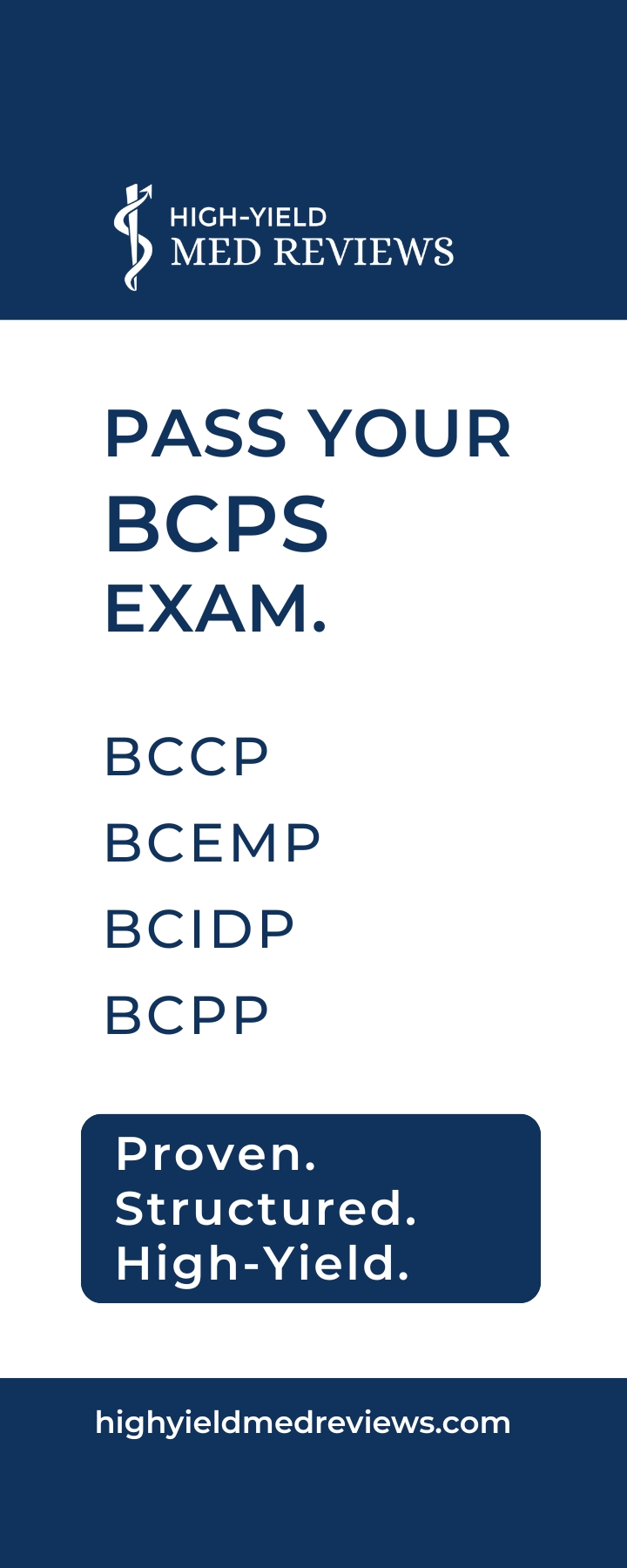Schizophrenia
not only affects millions of people worldwide, but can be a complicated disease
state to manage on a chronic basis.1-3 The DSM-IV-TR diagnostic manual
presents schizophrenia as a major psychiatric disorder commonly associated with
a various combination of symptoms that are categorized into being either
positive, negative or disorganized symptoms.3 Positive symptoms include
hallucinations and delusions, whereas negative symptoms include having a flat
affect (no emotional expression), alogia (reduced thought and speech
productivity), and avolition (decreased initiation of goal directed
behavior). Disorganized symptoms include disorganized speech, behavior,
and poor attention.3 The approach to treatment of this disorder is
currently centered around the modulation of the dopaminergic and serotonergic
pathways in the central nervous system.
It
is also now well known across the general population that the use of
complementary and/or alternative medicine is increasing for a number of medical
conditions. For example, in December 2008, the National Institutes of
Health (NIH): National Center for Complementary and Alternative Medicine
(NCCAM) and the National Center for Health Statistics (a division of the
Centers for Disease Control and Prevention (CDC) surveyed 32,810 people for
which their report showed that 38% of adults in the U.S.
and nearly 12% of children (<17 years of age) used some
form of complementary and/or alternative medicine.4 Of these forms of
complementary and alternative medicines, natural products were ranked the
greatest among these options at 17.7% and homeopathic treatments the least at
1.8% of the people sampled.4 As it relates to patients with psychiatric
illness (including schizophrenia), it is now known that many of these patients
will also use or seek after herbal or natural medicines to help treat their
conditions.5-8 This may be especially true for paranoid patients who may
believe that the "system" is trying to control them through the use
of prescription medications. Having an understanding of schizophrenia, it
is plausible that some patients may feel better at determining their own
treatment where they could seek the use of herbal or natural medicines without
the knowledge or consent of you or the prescribing physician.
Given
the above information and its complexity, it would be important for clinicians
to not only recognize this potential, but to also be able to recognize the
utilization of some common herbal and natural medicines by their patients.
As such, a thorough medication use evaluation should be done at both clinic
visits and admissions to the hospital.
While
this list is not exhaustive in nature, the following Chinese herbal products
have been studied and used by patients with schizophrenia:9-12
- Dang gui cheng qi teng
- Ginkgo biloba standardized extract
(EGb761)
- Hirudo seu Whitmania
- Radix Rhei palmatum
- Xiao yao san
- Xingshen
It
is also important to recognize that many of these Chinese herbs are used in
combination with normally prescribed antipsychotics and thus could contribute
to unexpected variations in efficacy and/or safety profiles.8
A
systematic review by the Cochrane Collaboration was done to assess the impact
of using herbal or natural medicines alone and in combination with standard
antipsychotics on psychotic symptoms, global functioning and development of
adverse effects.13 While this review only included 6 studies that had
small sample sizes and were of short duration, they reported that these herbal
medicines should not be used alone to treat psychotic symptoms, but could be
beneficial when used in combination with traditional antipsychotics as it
relates to the patients mental state, global functioning and decreasing adverse
effects. While this may appear to be promising findings, it is important
to recognize that these findings would need to be validated through additional
studies.
References:
- National Alliance of Mental Illness. Schizophrenia. February 2007. Last accessed on 8/3/2009.
- Schizophrenia Society of Canada. What is Schizophrenia? An Information Guide. Last accessed 8/3/2009.
- American
Psychiatric Society. Practice Guideline for the Treatment of Patients
with Schizophrenia Second Edition. Last accessed on 8/3/2009.
- National
Center for Complementary and Alternative Medicine: National Institutes
of Health. The Use of complementary and alternative medicine in the
United States: 2007 National Health Interview Survey Report. Last
accessed on 1-17-2009.
- Druss BG, Rohrbaugh R, Kosten T et al. Use of alternative medicine in major depression. Pscyhiatr Serv 1998;49:1397.
- Davidson
JR, Rampes H, Eisen M et al. Psychiatric disorders in primary care
patients receiving complementary medical treatments. Compr Psychiatry
1998;39:16-20.
- Unutzer
J, Klap R, Sturm R et al. Mental disorders and the use of alternative
medicine: results from a national survey. Am J Psychiatry
2000;157:1851-7.
- Matthews
SC, Camacho A, Lawson K et al. Use of herbal medications among 200
psychiatric outpatients: prevalence, patterns of use, and potential
dangers. Gen Hosp Psychiatry 2003;25:24-6.
- Zhang
LD, Tang YH, Zhu WB et al. Comparative study of schizophrenia
treatment with electroacupuncture, herbs and chlorpromazine. Chin Med J
(Engl) 1987;100:152-7.
- Meng
FQ, Cui YH, Wang SH. A double-blind placebo controlled study of EGb761
in the treatment of chronic schizophrenia. 1996;6:339-41. [Not in
PubMed].
- Zhang XY, Zhou DF, Zhang PY et al. A double-blind,
placebo controlled trial of extract of Glinkgo biloba added to
haloperidol in treatment-resistant patients with schizophrenia. J Clin
Psychiatry 2001;62:878-83.
- Zhu
YZ, Kang B, Zhu QQ. Clinical study of shuizhi-dahuang mixture in
treating schizophrenics with blood stasis syndrome. Zhongguo Zhong Xi
Yi Jie He Za Zhi 1996;16:646-8.
- Rathbone
J, Zhang L, Zhang M et al. Chinese herbal medicine for schizophrenia:
Cochrane systematic review of randomized trials. Br J Psychiatry
2007;190:379-84.





